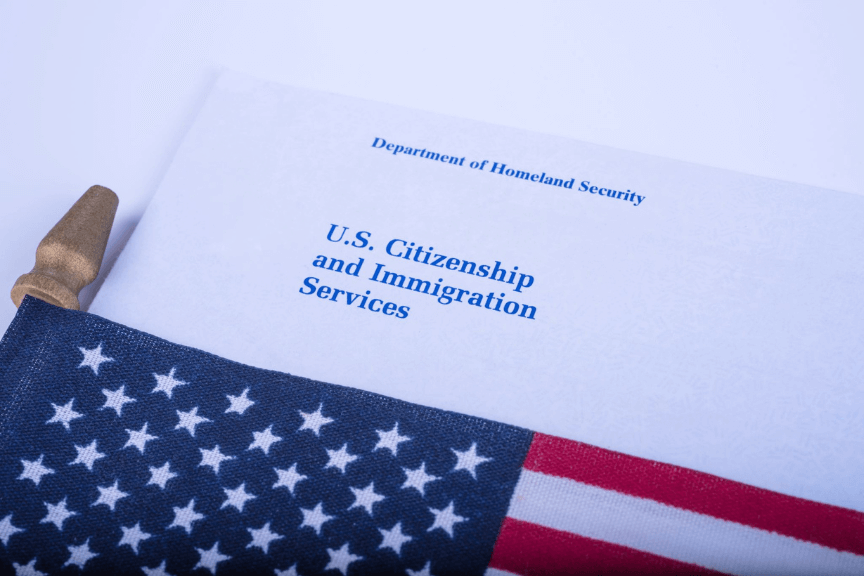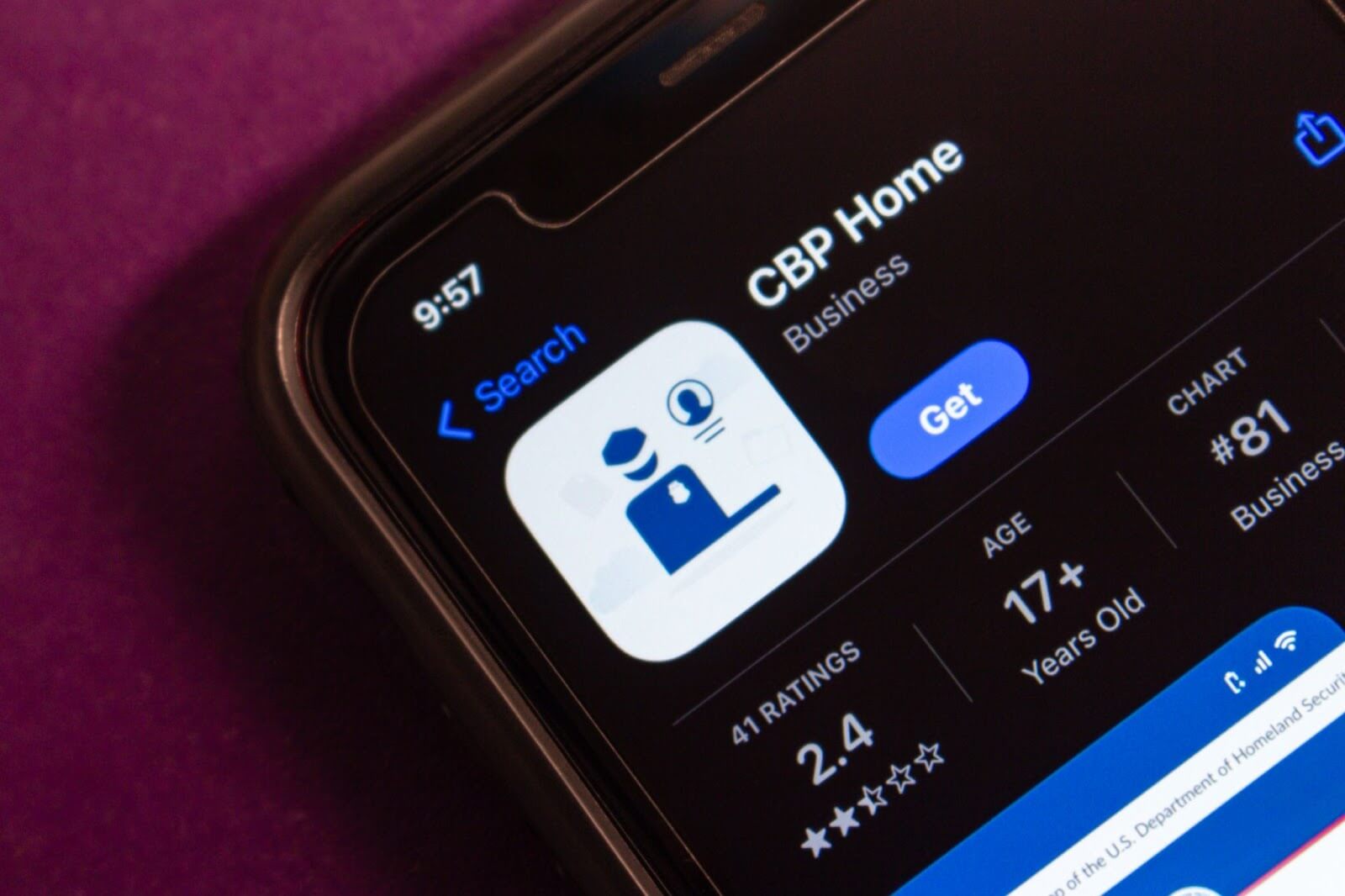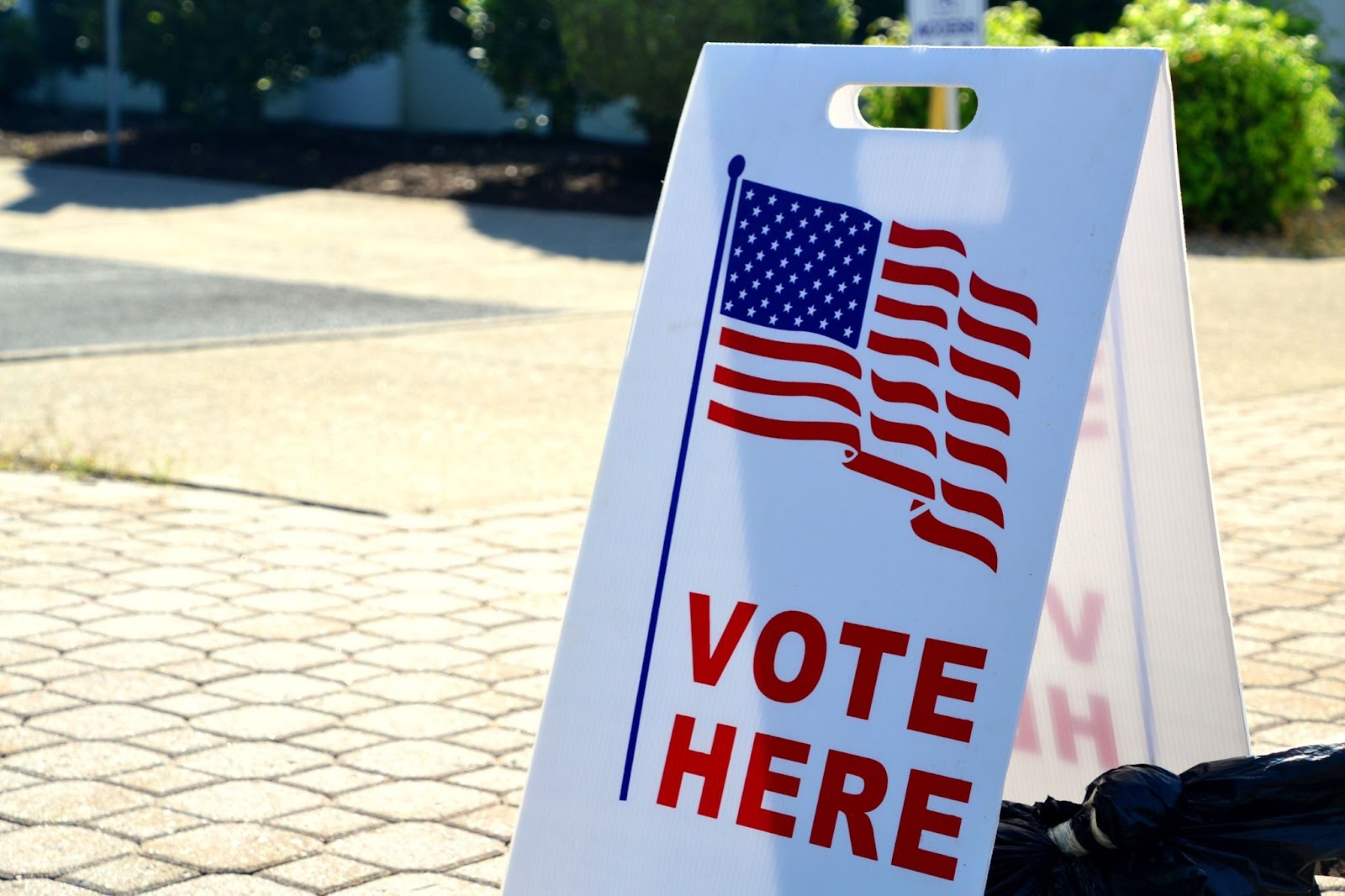Blog
Related Articles

Immigration
USCIS Issues Memorandum on Notice to Appear (NTA)
My people, this is attorney María Mendoza writing to you. My commitment is to help you unders...
 María Mendoza
María Mendoza
Published: March 7, 2025

Immigration
Donald Trump’s administration creates a new registry for immigrants in the United States.
My people, this is attorney María Mendoza writing to you. My commitment is to help you unders...
 María Mendoza
María Mendoza
Published: February 28, 2025

Immigration
CBP Home: Risks of Donald Trump's voluntary self-deportation
On May 9, 2025, President Donald Trump signed a new executive order offering free flights and a cash...
 María Mendoza
María Mendoza
Published: May 16, 2025

Immigration
What implications do elections have for immigrants?
It's a good practice to stay informed about the political environment of the place where is intended...
 María Mendoza
María Mendoza
Published: February 21, 2024

Immigration
How can a DUI affect your immigration process?
Hello my friends, this is attorney Maria Mendoza, in the immigration field, having a D...
 María Mendoza
María Mendoza
Published: December 18, 2024